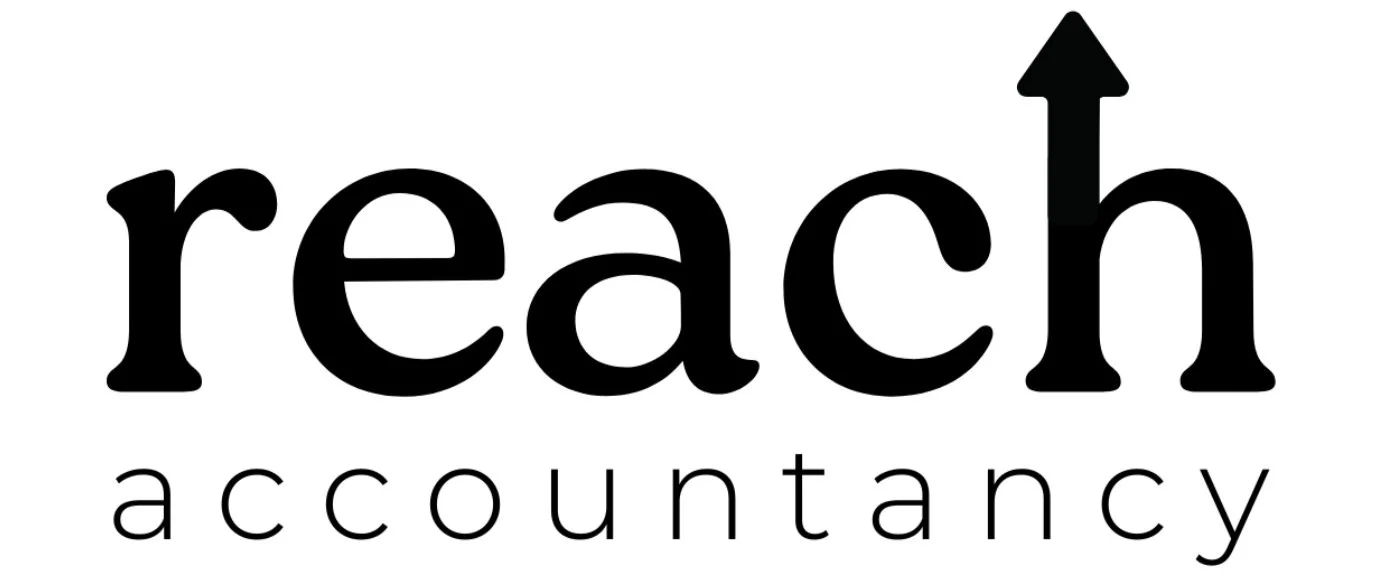Extracting Profits: What Every Business Owner Should Know
UK tax laws are always changing, and if you run your own limited company it is more important than ever to understand the most tax-efficient way to take money out of your business.
For years, the go-to option for many directors has been a low “personal allowance” salary topped up with dividends. But with the dividend tax-free allowance being reduced, alongside changes to the corporation tax and National Insurance regimes, that simple strategy might not always be the most sensible anymore.
What's Changed?
There are three important tax changes that have made profit extraction planning a whole lot more complicated:
The new corporation tax rules mean that if your company makes more than £50,000 in profit, it might now be paying more tax than before. This affects how and when you should take money out, and how much of it to leave in the business.
The dividend tax-free allowance remains at £500, having been reduced from £2,000 a couple of years ago. This means you can only receive £500 of dividend income in a tax year before having to pay tax.
Major changes to Employers National Insurance Contributions (NICs) were introduced in April 2025, resulting in both an increased rate of NICs and the level at which NICs are first paid being reduced.
So What Are Your Options?
It might still make sense to take a mix of salary and dividends, but the split between these might look different to how it did previously. It is always worth taking a look at other options too. For example, company pension contributions can be a smart way to extract profit without triggering immediate tax bills. And if your spouse or partner helps with the business, there might be an opportunity to share your company’s profits with them more tax-efficiently too.
Tailored Advice is Key
It is more clear than ever that there is no one-size-fits-all when it comes to getting money out of your limited company. What works best for you will depend on your company profits, personal income, and future plans. The key is reviewing your approach regularly so you're not caught out by any tax changes.
Need a hand figuring it all out? Get in touch - we’re here to make sure you’re taking money out of your business in the smartest way possible.
Disclaimer: This article is for general information purposes only and reflects the law and guidance at the time of writing. It does not constitute professional advice. Please consult a qualified advisor before making financial or tax-related decisions.

